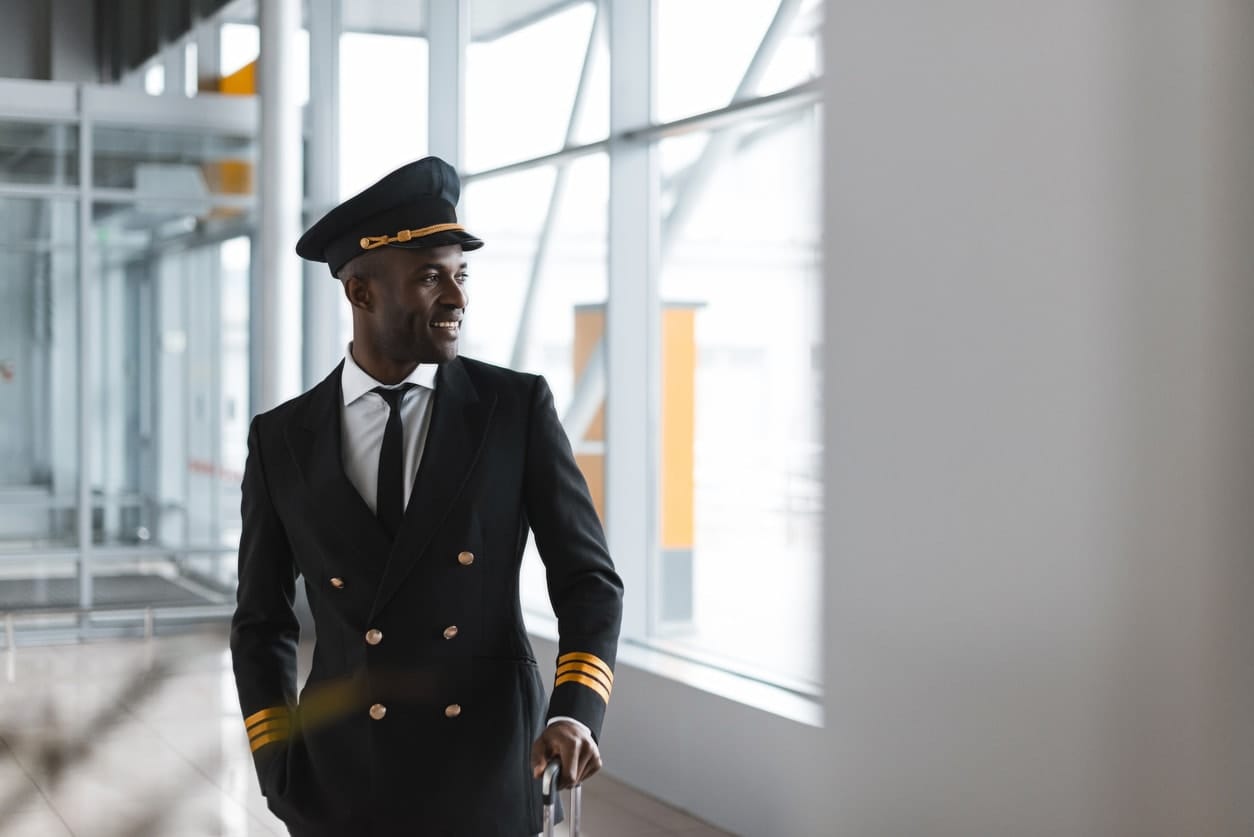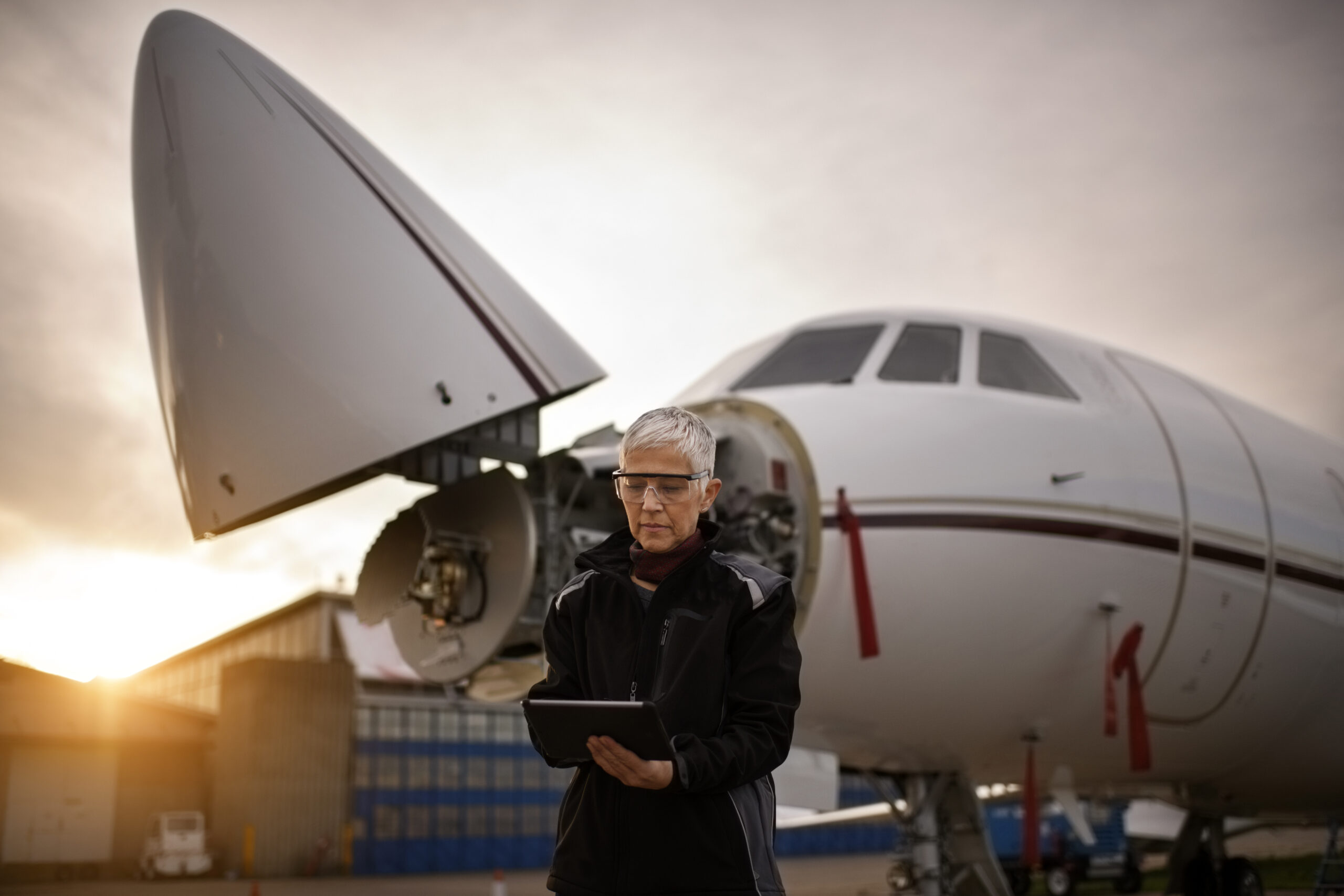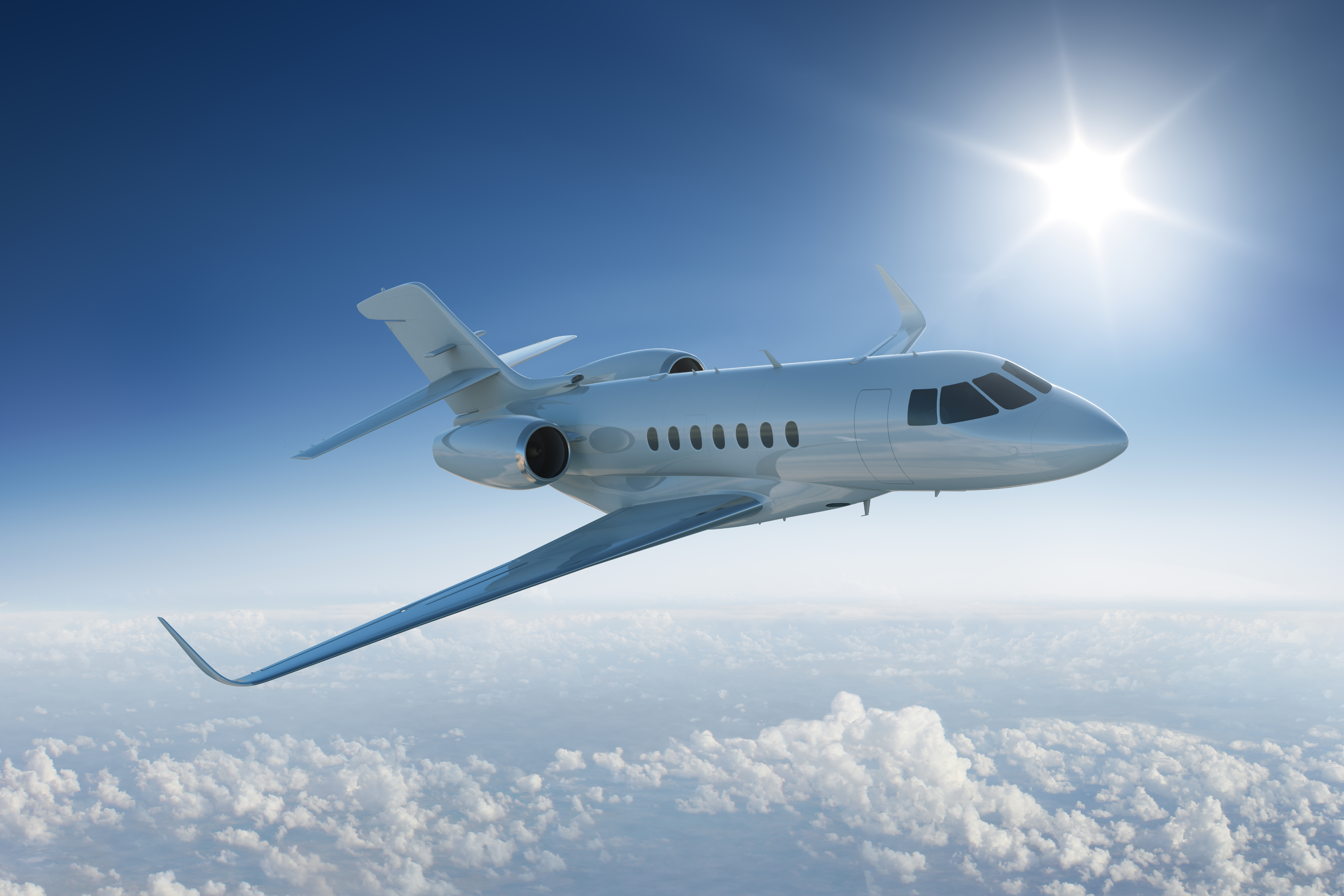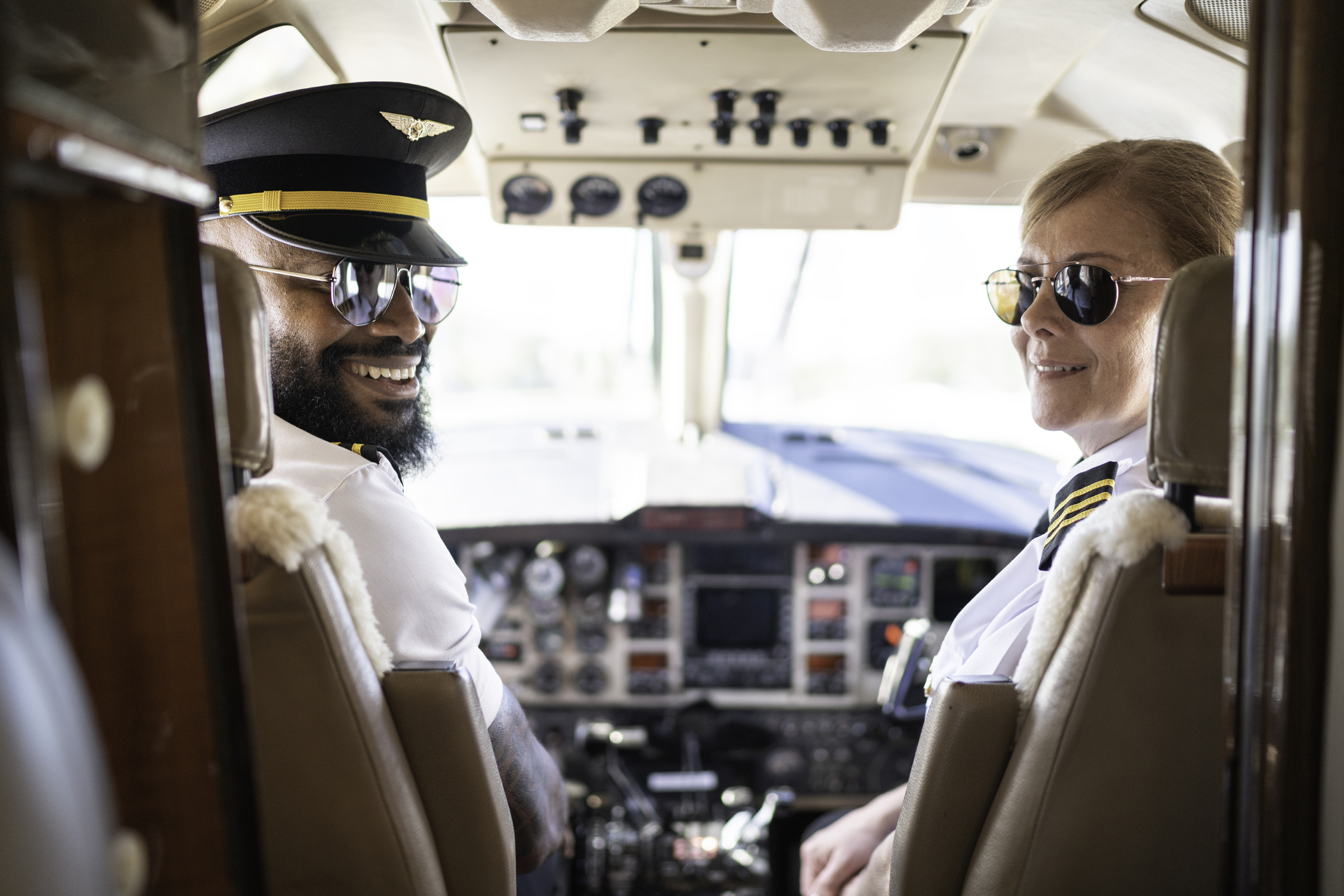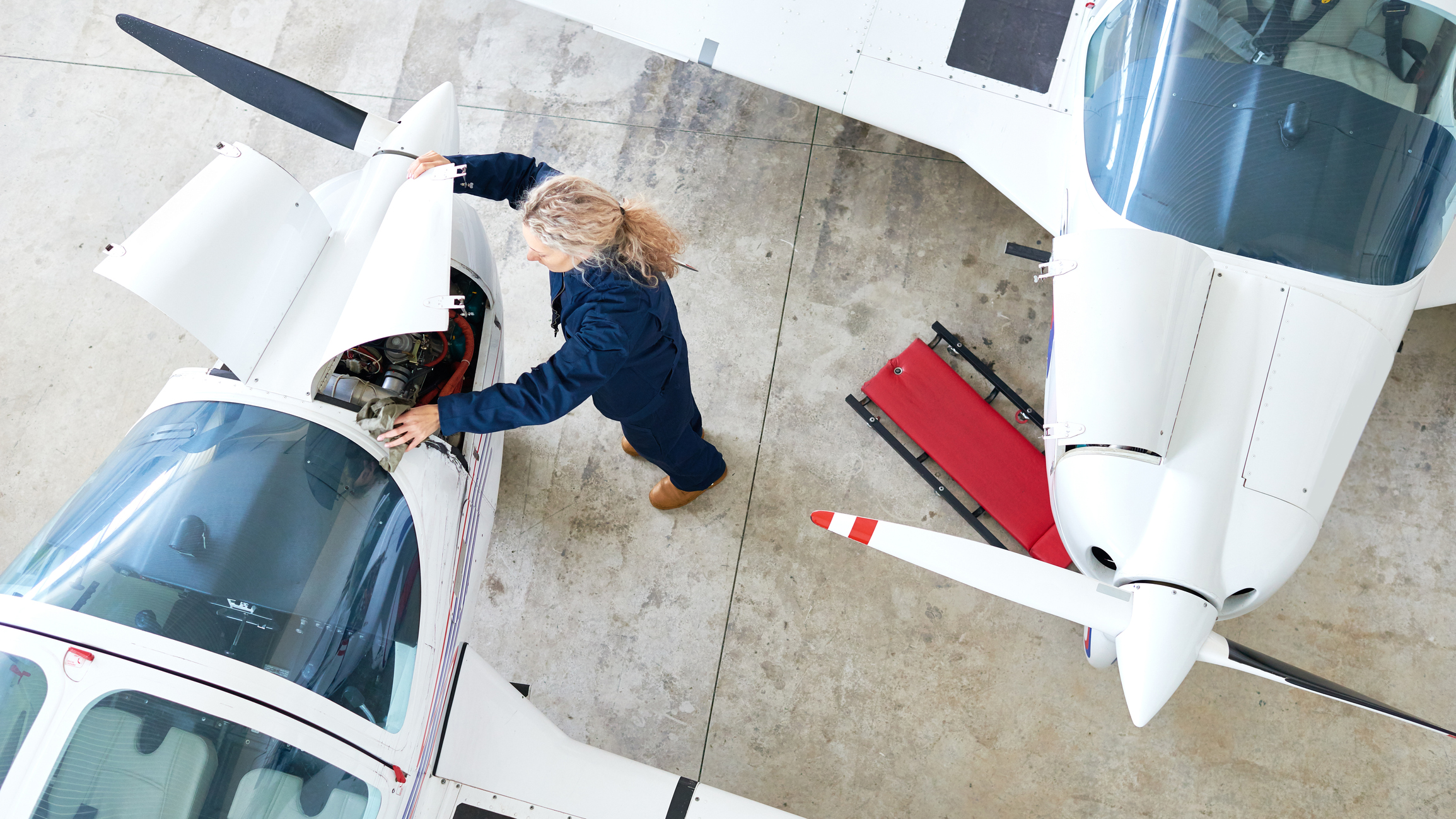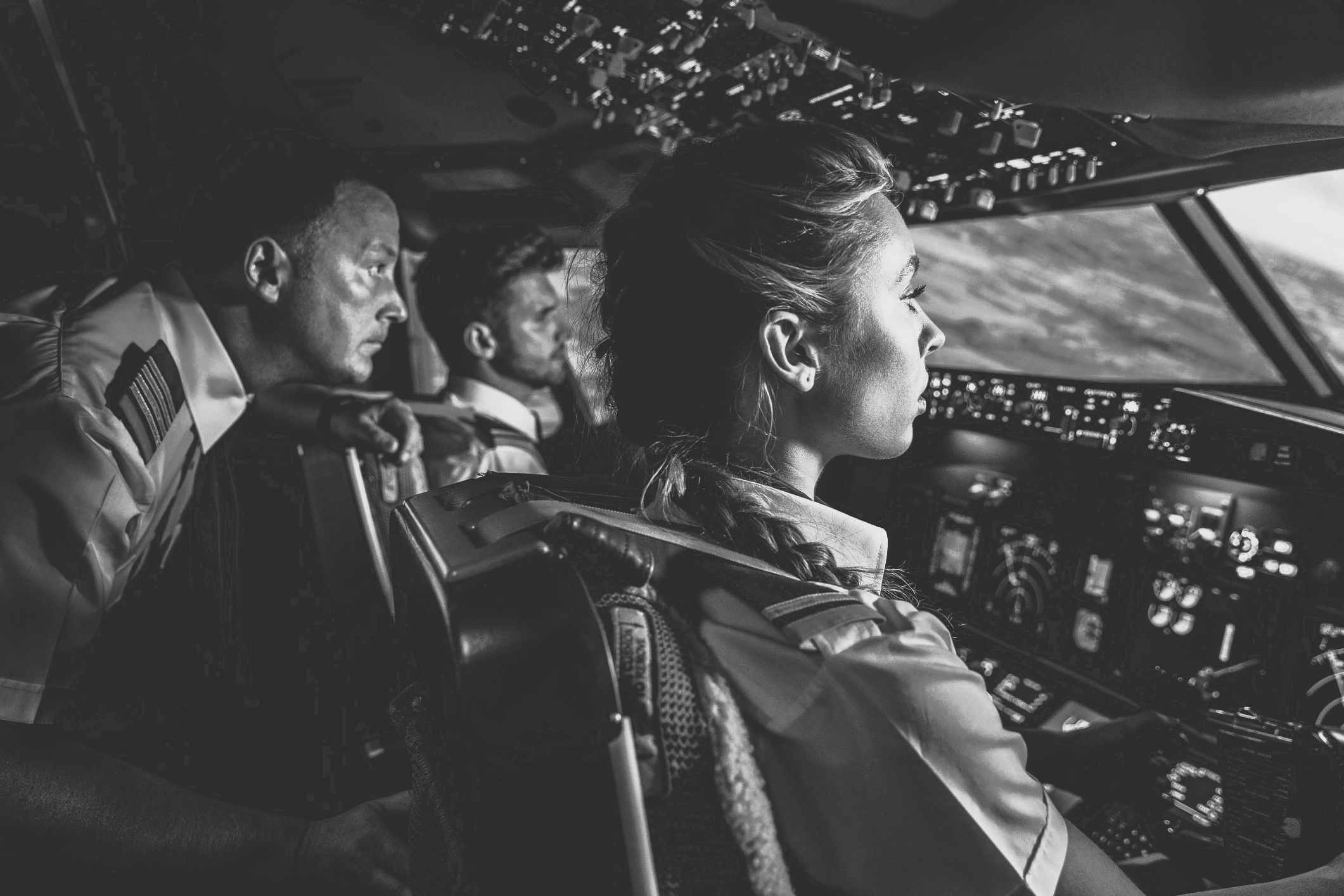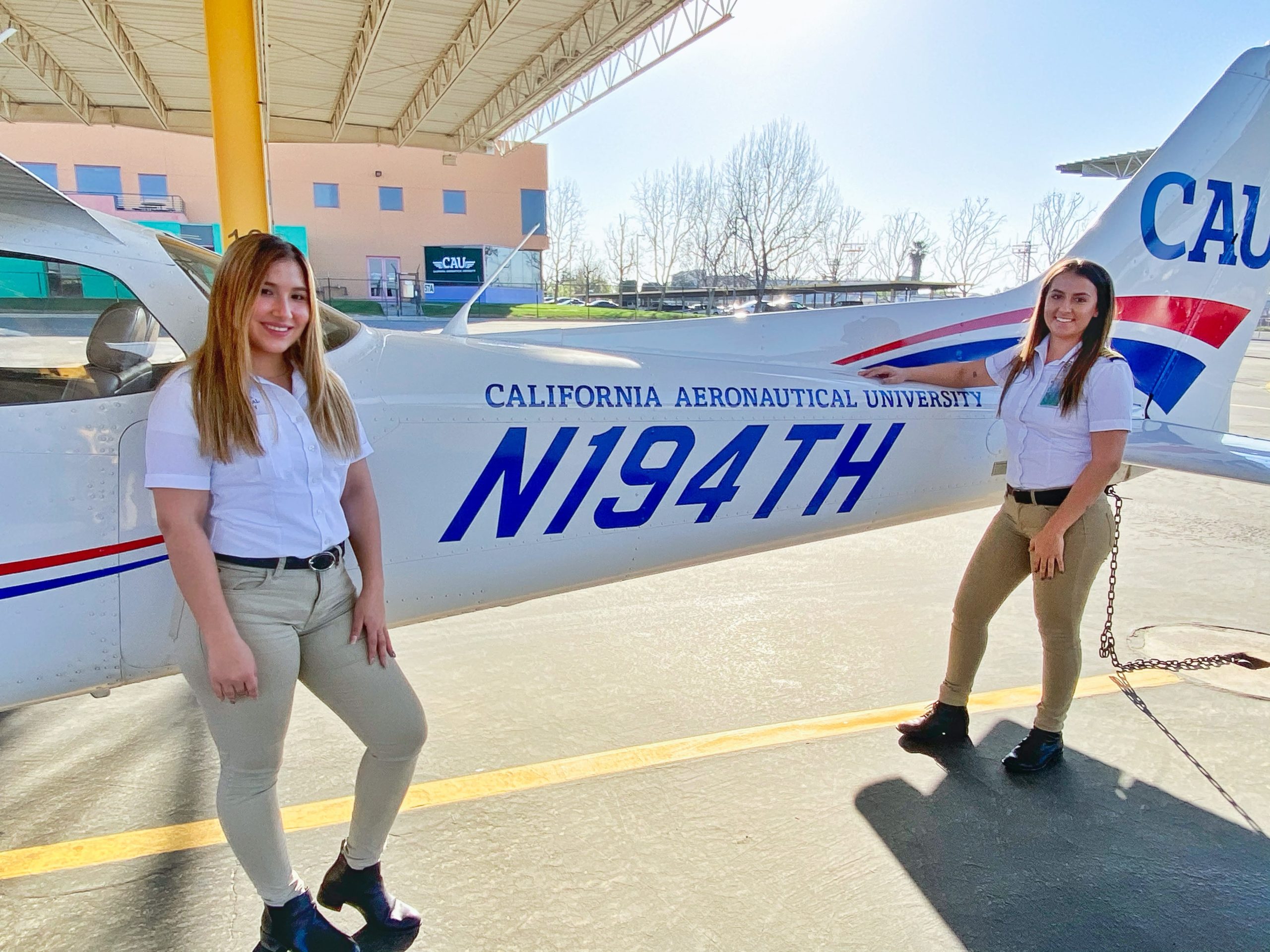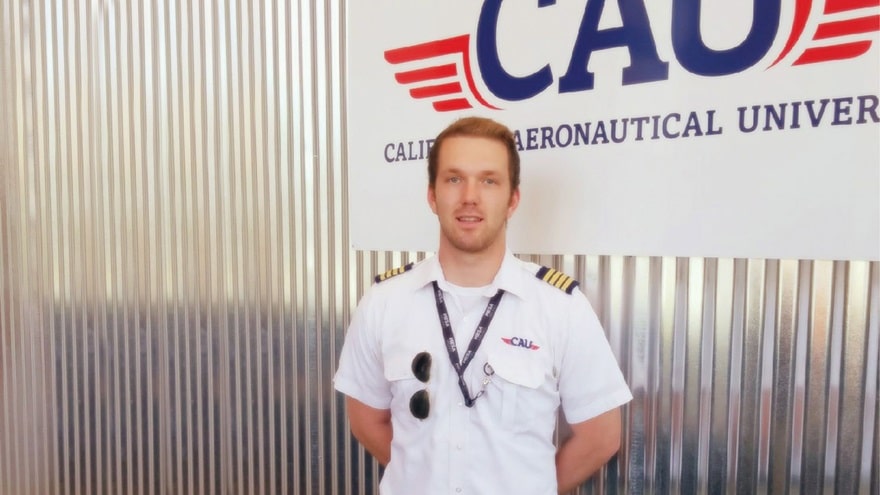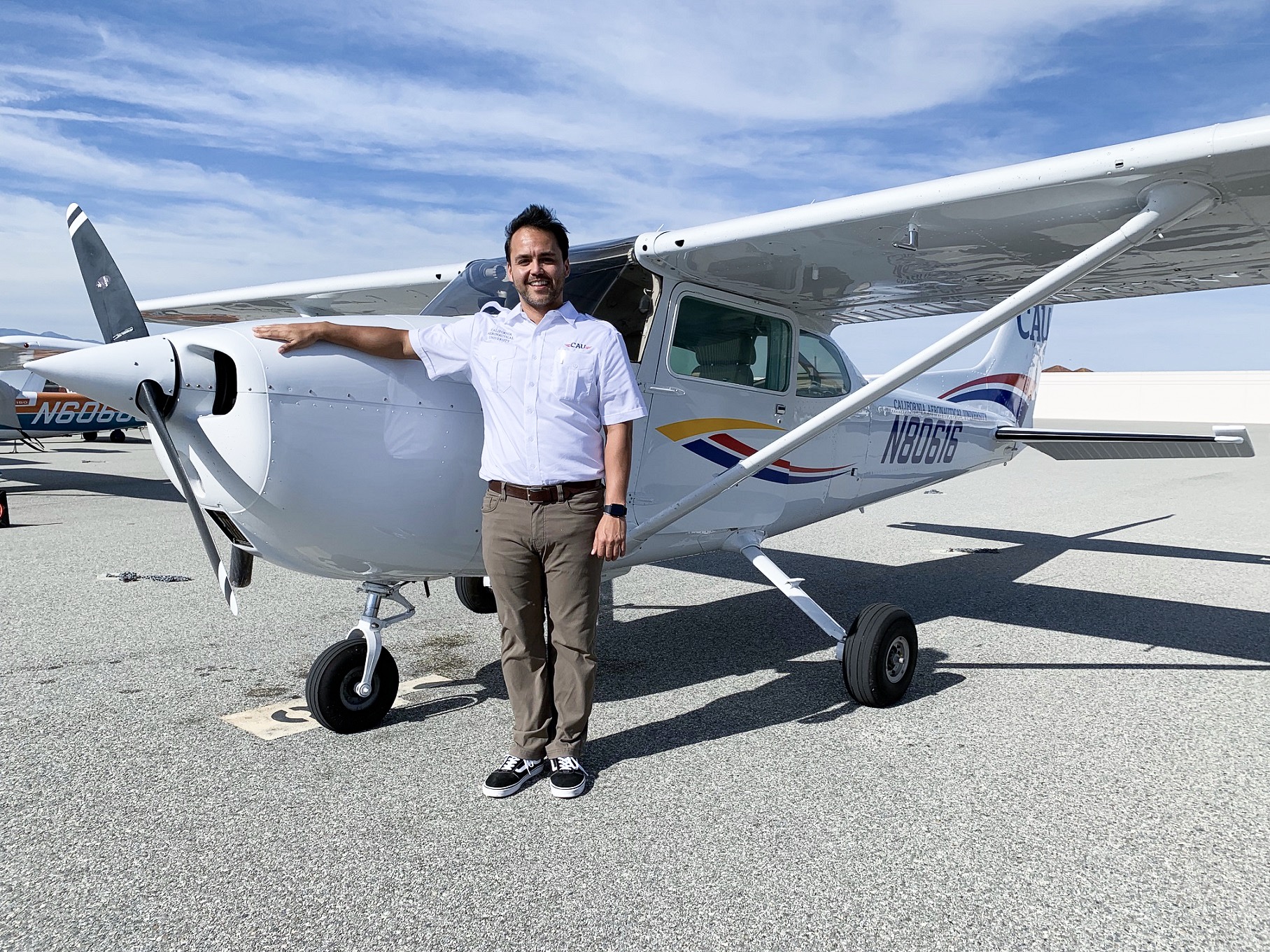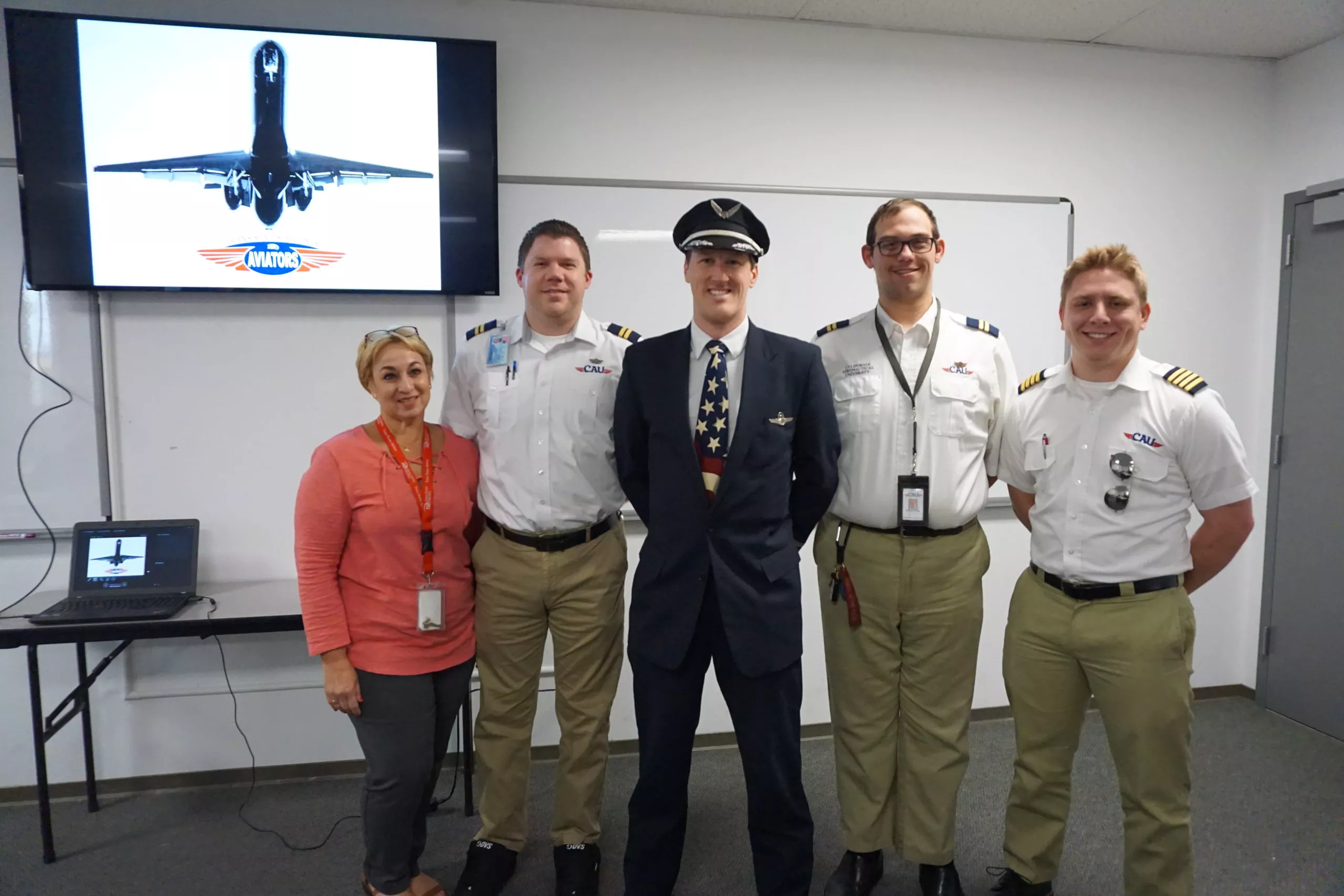The term “aviation culture” is often used in the industry, but what does it mean? What does it include? Depending on who is asked, you might get different answers. An airport administrator might offer one reply and an aircraft mechanic another. A pilot nearing retirement could give one response, and a 16-year-old student pilot another.
Understanding Aviation Culture
Flight attendants and ramp agents, FBO employees and flight instructors will all offer disparate views. However, there are a few constants of aviation culture; knowing the importance of these commonalities, as well as respecting them both in and out of the aviation community, will serve all members of it well.
Commitment to Safety
Safety is paramount in aviation. Many airlines and flight schools are constantly striving for a positive safety culture, which is separate within aviation culture. Safety culture involves:
- A commitment to following procedures
- Acting responsibly
- Honestly reporting mechanical issues
- Paying attention to environmental conditions
- Recognizing pressures to speed up, take off, or land in circumstances in which a crew might not otherwise
The ability to spot and break “accident chains” is a vital part of a strong safety culture.
Commitment to safety begins and ends with personal responsibility. For an organization to enjoy a healthy safety culture, pilots, administrators, mechanics, and flight attendants alike, must all feel comfortable in speaking up when a concern involving safety presents itself. Captains must listen to and respect the opinions of their crews and pilots are expected to follow the instructions of air traffic controllers, conduct thorough pre-flight safety inspections, and watch for fellow pilots. When an aviation culture places safety and the importance of human life first, all other important aspects of it fall more easily into place.
Flexibility
One of the first realities of aviation life a student pilot must learn is that the ability to adapt to conditions is essential. To operate alone and responsibly in the cockpit, pilots must fully understand how to guide the aircraft in the event of an emergency, mechanical issues, or shifting weather conditions. Working with air traffic control, different crew members, and various aircraft all call for the ability to adjust to any situation. Lives are depending upon the crew to do so effectively.
Sometimes pilots must make these adjustments before a flight even leaves the ground. Pilots and their crews must be confident in their ability to correctly judge weight and balance, weather conditions, and the recommendations of dispatchers. A change in any of these might require a change in plans, a delayed flight, or a no-go decision. Since this might disappoint clients, passengers, or family members, the ability to change or cancel plans is always important. These conditions affect non-pilots as well. Mechanics, flight attendants, gate agents, and administrators must always be to make professional, courteous, and safe judgment calls in the midst of change.
Willingness to Learn
It is important for members of the aviation community to understand that learning does not end once one feels comfortable and confident on the job. Complacency can be fatal, or career-ending. For those who do not deal directly with the safety of aircraft and passengers, such as those in marketing or social media, the ability to constantly update one’s understanding of the aviation world is essential. Even passengers are best served by learning about the safety features on their aircraft, not to mention keeping track of the latest guidelines of the Federal Aviation Administration and Transportation Safety Administration.
Some pilots mistakenly believe that their training is over once they reach the aeronautical goal they have set for themselves, be it a private certificate, instrument rating, or ATP (airline transport pilot certificate.) On the contrary; not only is technology always changing, pilots, air traffic controllers, and others can greatly benefit from studying current economic conditions in the industry. Learning from the mistakes of others might save one’s own life someday.
Engineers and human factors specialists are always seeking new ways to squeeze more power at less cost and fuss out of airframes and user-end technology. Keeping track of the field and how people who work in it react is vital. Airport administrators, aviation attorneys, insurance adjusters, and FBO managers are expected to not only constantly learn more about their specific fields, but advancements in aviation itself. The humility to approach others and new situations with a willingness to learn will keep pilots and members of the aviation culture in good stead.
Respect for Others
Fairly or not, some positions in the aviation world carry a stereotype of large egos. When those brashly confident in their skills attempt to work together, the result is not always pleasant. The aviation community is never well–served by those who feel they must constantly prove their worth or who place self-aggrandizement over safety or proper procedure.
Assuming that one knows more than others by number of hours accrued or years in the industry can put lives at risk. On the other hand, experience and wise judgment ought to be respected and properly weighed. It is important for air traffic controllers, dispatchers, chief pilots, executives, pilots, and government employees to realize that each has a job to do, and each might have more information than another might at a given time. The willingness to listen and adjust expectations is not only respectful, but also safe.
Finally, those with experience and authority must acknowledge the humanity, skills, and dedication of those in less powerful positions. An airplane never leaves the ground without properly working parts, loaded bags, or the organization of gate agents. Conversely, those who work behind the scenes must make allowances for the responsibilities of pilots and crewmembers. The ability of all members of the aviation community to trust one another makes for a healthier, safer aviation culture. Anything less weakens the industry and places lives at risk.
Read More:
Ready to soar in your aviation career?
Mr. Matthew A. Johnston has over 23 years of experience serving various roles in education and is currently serving as the President of California Aeronautical University. He maintains memberships and is a supporting participant with several aviation promoting and advocacy associations including University Aviation Association (UAA), Regional Airline Association (RAA), AOPA, NBAA, and EAA with the Young Eagles program. He is proud of his collaboration with airlines, aviation businesses and individual aviation professionals who are working with him to develop California Aeronautical University as a leader in educating aviation professionals.
